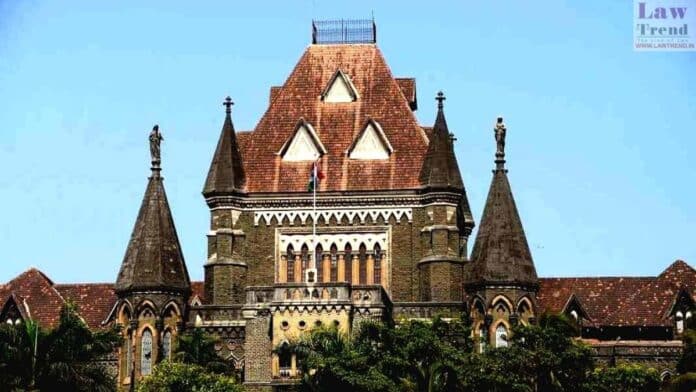In a poignant ruling on Friday, the Bombay High Court granted bail to Ganesh Madhukar Mendarkar, a 51-year-old accused who had languished in jail for over nine years as an undertrial. The court’s decision underscored the significant psychological and social damage prolonged incarceration can inflict on individuals, highlighting that bail should not be withheld as a form of punishment or moral lesson.
Justice Milind Jadhav, presiding over the case, criticized the delay in judicial processes and the subsequent overcrowding of prisons that exacerbate these conditions. The case, centered around Mendarkar’s alleged involvement in a 2016 murder in Mumbai, had seen a trial delay with Mendarkar being the only one among four accused who was continuously denied bail.
The court articulated deep concerns about the mental health ramifications of such prolonged detentions. “Long incarceration can lead to post-incarceration syndrome, which includes depression, anxiety, and poor self-esteem. It can promote unhealthy behaviors such as drug abuse,” Justice Jadhav noted, drawing on research and prior judicial observations.
Mendarkar’s legal representation argued that his extended detention, coupled with deteriorating health, justified the need for his release. Despite the gravity of the charges—which include murder, robbery with grievous hurt, and offenses under the Arms Act and Maharashtra Police Act—the court decided that Mendarkar’s right to bail outweighed the potential risks of his release.
The judgment also touched on systemic issues, such as the indiscriminate use of arrest powers by law enforcement agencies, which the court described as a “draconian measure” reflective of a colonial mindset that is at odds with the principles of democracy.




